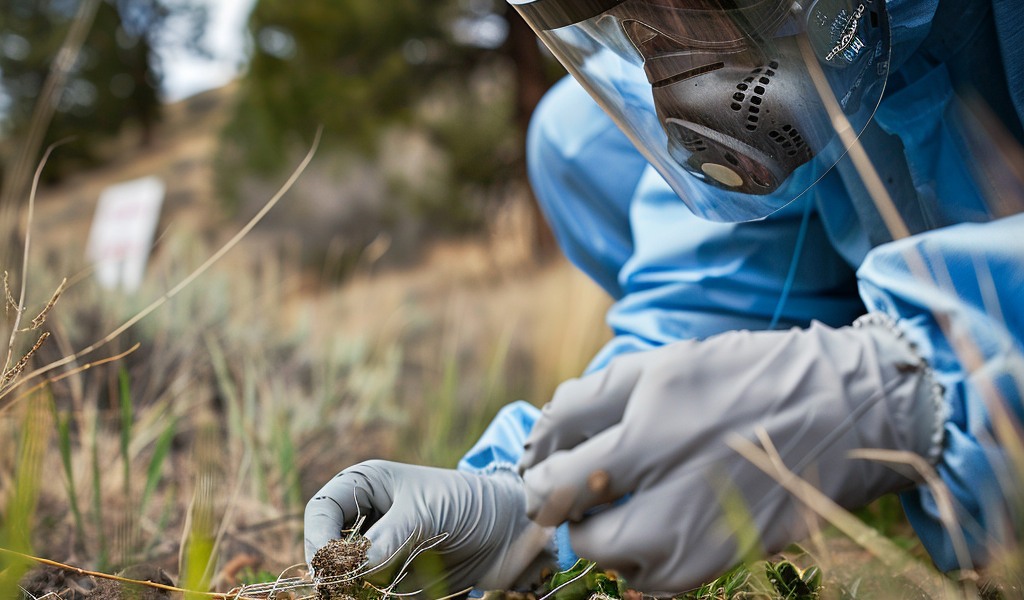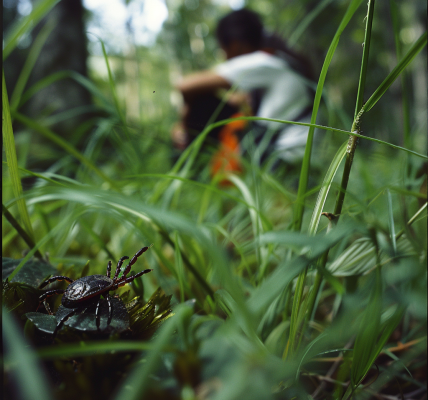Boulder County, Colorado, has confirmed its first case of tularemia for the year 2024, raising awareness about this rare insect-borne disease. The Boulder County Public Health officials announced the case on Sunday, detailing that the affected resident began showing symptoms on October 2.
The illness started with a fever and escalated to more severe symptoms, including an altered mental state and fluid accumulation in the lungs. The individual has been diagnosed with pneumonic tularemia, which is a rare respiratory form of the disease that can be particularly dangerous.
Carly Wilson, a specialist with Boulder County Public Health, emphasized the importance of taking precautions when it comes to wild animals. “It’s essential to take precautions around wild animals and avoid contact, as tularemia, while rare, poses serious health risks,” she stated. Wilson urged anyone who develops a fever in areas where tularemia is known to occur, or who suspects they may have been exposed, to inform their healthcare provider.
Tularemia is primarily transmitted through bites from infected insects, especially ticks and deer flies. Additionally, individuals can become infected through direct contact with infected animal tissue. The bacteria responsible for tularemia can also be carried by larger animals, such as rabbits, and even by outdoor pets. Inhalation of infected particles is another potential route of transmission, especially if these particles become airborne.
Symptoms of tularemia can vary but generally include fever, chills, swollen lymph nodes, and respiratory symptoms that resemble those of a cold or flu. The Boulder County resident reported a range of symptoms, which prompted health officials to act promptly in raising awareness about the disease.
Health officials are keen to educate the public about the risks associated with tularemia, particularly given its potential severity. This case serves as a reminder of the importance of vigilance in areas where the disease is known to be present.
Residents are encouraged to take preventive measures to protect themselves from insect bites, such as using insect repellent, wearing long sleeves and pants, and avoiding areas with high populations of ticks and deer flies. Additionally, it is advisable to be cautious when handling wild animals or their carcasses.
As the situation develops, Boulder County Public Health continues to monitor the health of the community and provide updates as necessary. Health officials remain committed to ensuring that residents have the information they need to stay safe and healthy.
For those living in or visiting areas where tularemia is present, awareness and education are key to preventing infection. Engaging with healthcare providers about any concerning symptoms is critical, especially in light of this recent case.
Overall, the emergence of this case in Boulder County highlights the need for ongoing public health vigilance and the importance of community awareness regarding rare diseases like tularemia.





